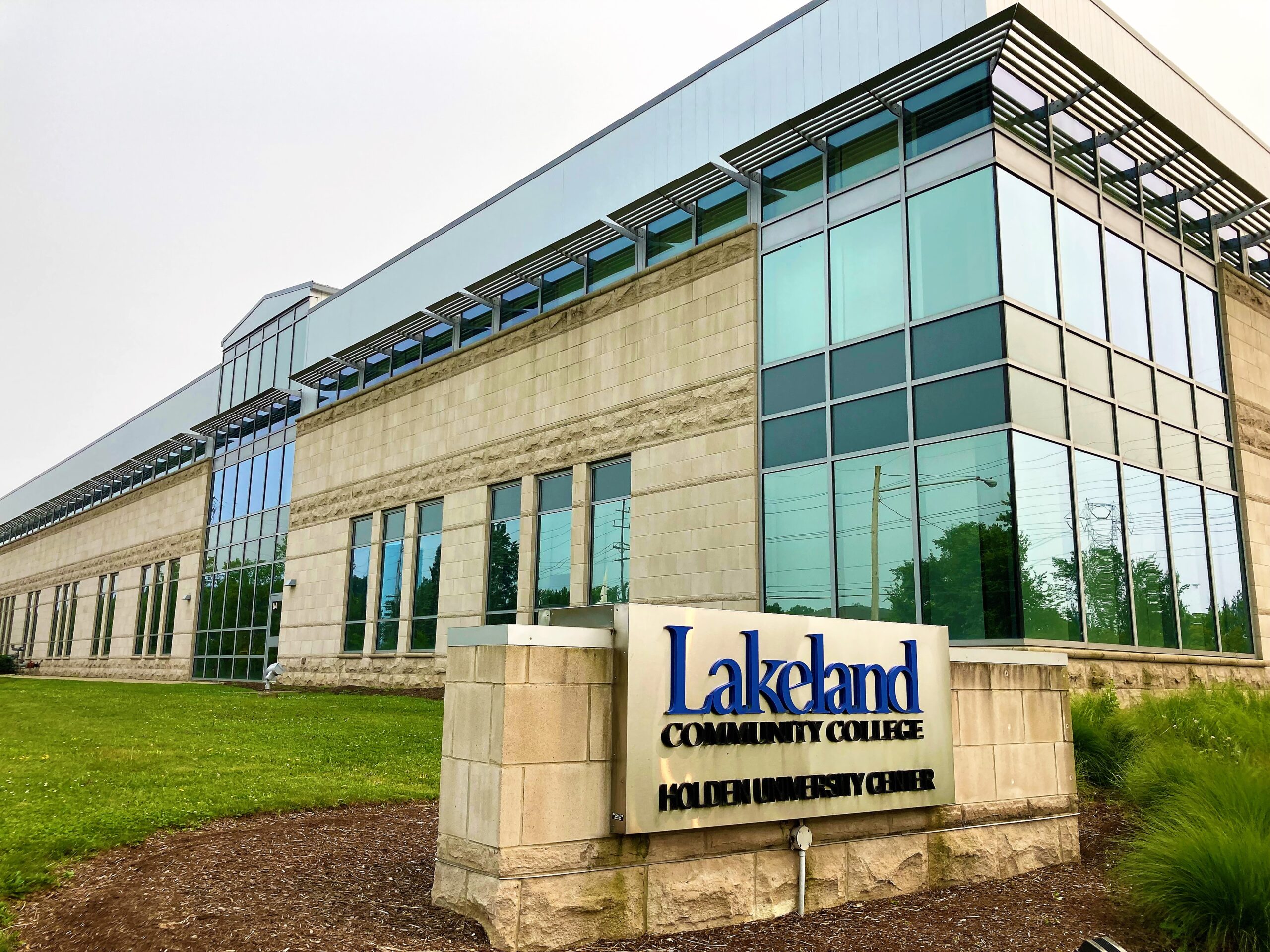If you think that Eastern Gateway Community College in Steubenville, OH is alone among Ohio community colleges in its financial struggles, you’re mistaken. Last week, the Ohio Auditor of State, Keith Faber, gave the official stink-eye to Lakeland Community College (LKCC/Lake County Community College) in Kirtland, OH.
In a press release dated April 16, Faber’s office identified Lakeland Community College as a candidate for a special financial status known as “fiscal watch.” According to Faber, “We have serious concerns about the college’s ability to continue to serve the residents of Lake County. LKCC’s trajectory is unsustainable.”
A report by Faber’s office cites a number of factors, including the failure of the LKCC administration to reduce its size following a 50% decline in enrollment over the past decade. In the report, Faber notes that LKCC has begun staff layoffs.
Faber also noted that the LKCC Board of Trustees maintains that it was unaware of the school’s flimsy financial condition. Further, about one-third of LKCC’s students take classes exclusively online, which has significantly reduced the need for classroom space on campus.
The report also cited a university center that LKCC created to enable universities to host classes there. LKCC purchased the building in 2014 using a bond issue, but as of 2024, LKCC is no longer using the building. Additionally, the auditor’s report noted that LKCC frequently offers classes with low enrollment.
It’s hard to know where to start with this, but the auditor’s conclusion is that if LKCC does not make significant, immediate changes, the school will soon reach a point where it cannot sustain itself financially.
Community college operations have lots of sunk costs
To be honest, much of what the auditor notes in the report appears to reflect the sunk costs typical of operating a community college. It is simply not possible to scale down the size of a campus building when the enrollment declines. Complaining about unused space is pointless unless the Auditor also has ideas about how to fill the unused space.
With regard to the bonds, previous Boards committed the college to paying for various bond issues, and that’s not a decision that the current Board of Trustees can undo – unless they want to pay off the millions of dollars in bonds that LKCC still owes.
LKCC’s bond payments for a building no longer in use are symptomatic of a much larger problem: LKCC currently has six distinct bond issues in various repayment stages. The Board issued the most recent bonds in 2023. LKCC is an institution living on borrowed money and may not have the wherewithal to repay all of its bond debt – which stretches to 2050.
That leads to the second huge problem, which is that the Board of Trustees claims that the administration is not providing the financial information it needs to make effective decisions.
Given the amount of authority that community college trustees typically have, this should not be a hard problem to fix. If the administration is not providing the required information to the Board of Trustees, the Board is under no obligation to advance motions to authorize expenditures. Further, the Trustees are not obligated to approve any such motions that make it to the Board until the administration provides the requested information.
It’s really simple. “I don’t have enough information about this request, so I move to table this until the administration provides more information.”
Tomorrow, I will look at the impact for Lake County taxpayers.
Photo Credit: SilentMatt Psychedelic, via Wikimedia












